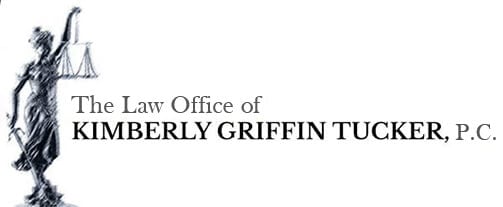On August 4th, the National Transportation Safety Board (NTSB) issued a preliminary report regarding the cause of the hot air balloon crash on July 30 that killed everyone on board including the pilot. The update reveals that the hot air balloon may have hit an electrical wire eight miles into its flight, caught fire, and crashed when the pilot tried to land the hot air balloon. While a final report is years away, the hot air balloon pilot’s prior criminal record has received considerable attention particularly as it related to pilot licensing following DWI convictions.
Four Prior Criminal Convictions for Drugs and Alcohol
According to public records, the hot air balloon pilot had a lengthy criminal record that included three prior DWI convictions. The pilot’s run-ins with the law began in 1999 when he was convicted of marijuana possession. In 2000 and 2002 he was charged and convicted of DWI misdemeanors. Lastly, in 2007, he was arrested, charged, and convicted for felony DWI. All of his convictions carried with them a period of incarceration. It is believed that his driver’s license was revoked and he was not eligible to reapply for a driver’s license until 2020. His pilot’s license however, appears to have been unaffected by his prior DWIs or criminal record. There is no evidence that the hot air balloon pilot was operating the hot air balloon under the influence of alcohol or drugs.
Who is in Charge of Issuing Pilot Licenses?
The Federal Aviation Administration (FAA) is responsible for administering and renewing pilot licenses. A criminal conviction for a single driving while intoxicated (DWI) charge does not automatically lead to a pilot license suspension or revocation. This is a significant departure from Texas state law where commercial drivers automatically lose his or her ability to drive immediately following a drunk driving arrest. If convicted, the driver’s commercial drivers’ license (CDL) is suspended for a year. A second DWI conviction leads to a lifetime CDL ban or permanent revocation. Texas also counts any prior DWI, whether it occurred in or out of state and whether as a driver or commercial driver for maximum effect.
The FAA appears to have reporting requirements, meaning that if a pilot is convicted of a DWI or driving under the influence of alcohol or drugs (DUI), he or she must notify the FAA at the time it occurs and certainly when the pilot renews his or her license. Less clear are the penalties the pilot may face following a single conviction for DWI or DUI or multiple conviction as was the case with the pilot in the Central Texas hot air balloon crash. Someone ineligible to drive a car or commercial vehicle following multiple DWI convictions should not be permitted to pilot a hot air balloon.
DWI Criminal Defense Attorney in Plano, Texas
If you have been convicted of DUI or DWI and are concerned you may have violated the provisions relating to probation or community supervision conditions, without delay, consult with an experienced probation violation attorney. Kimberly Griffin Tucker and her team are ready to assist you resolve your probation violation case. Call (214) 445-6336 to schedule an immediate free consultation. Reach us 24 hours per day via phone and email. Our Plano, Texas office is only a phone call away.
